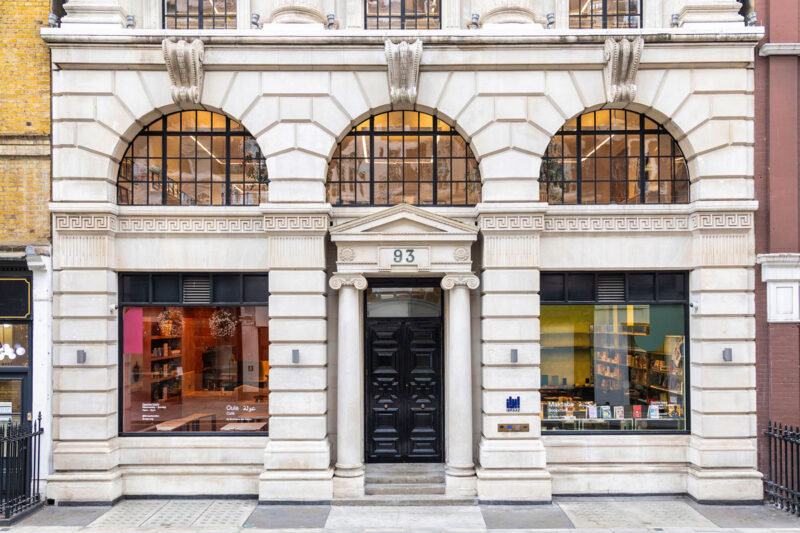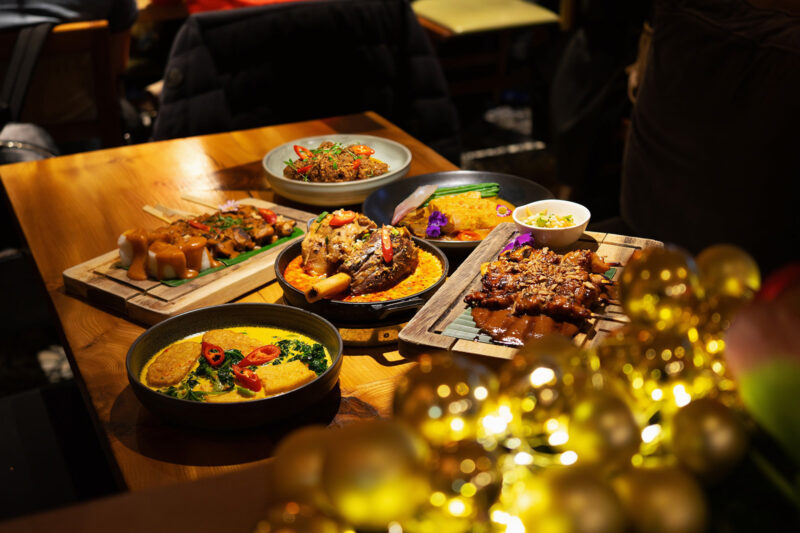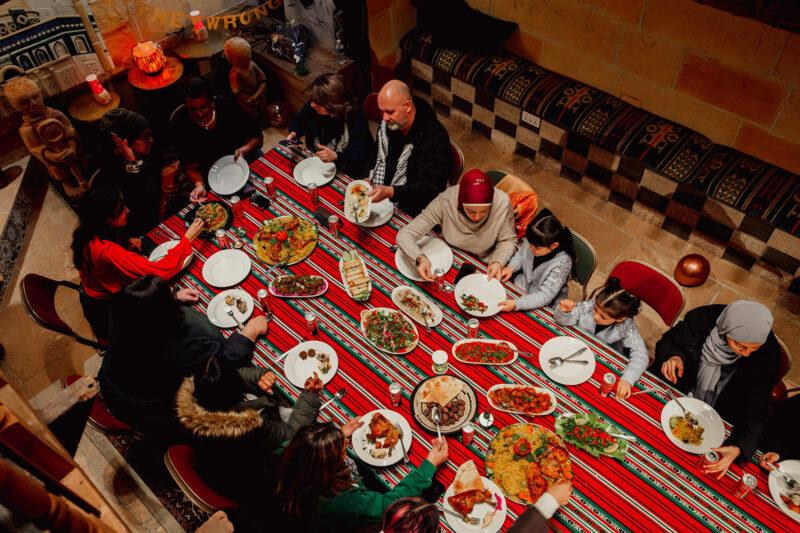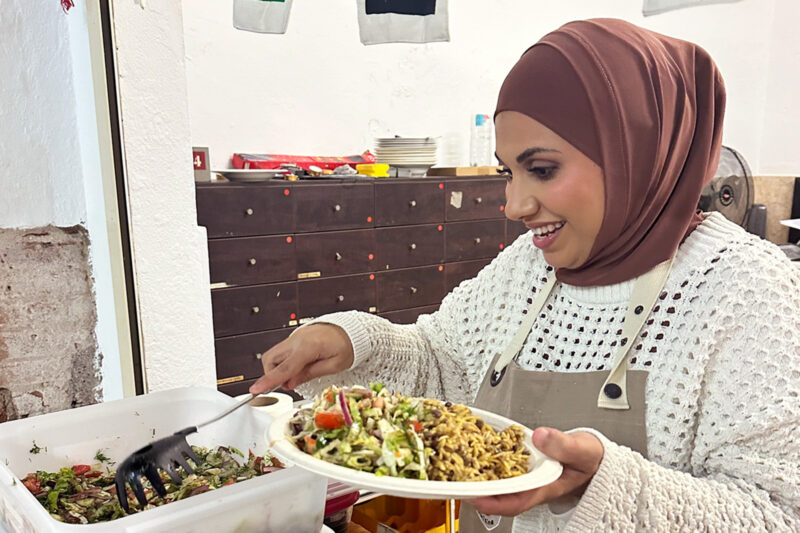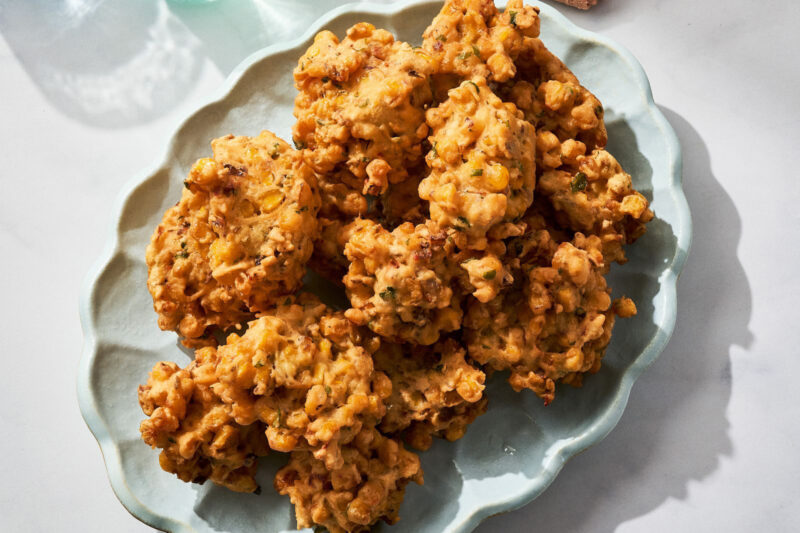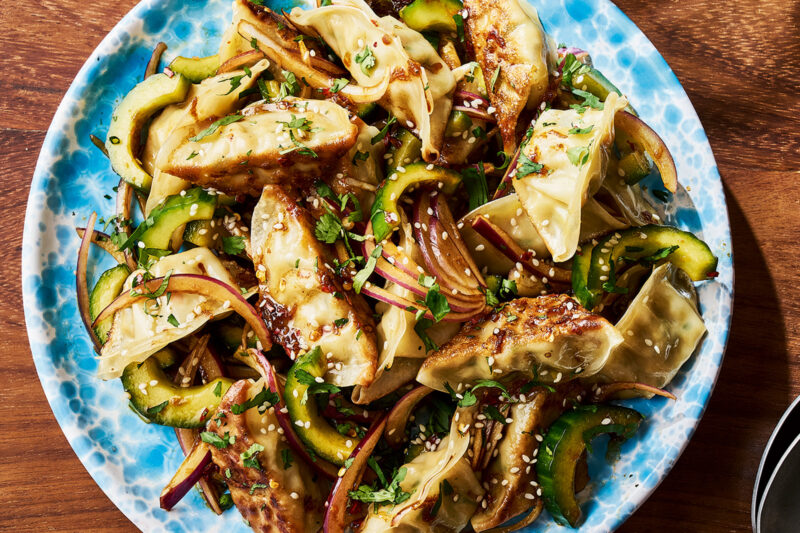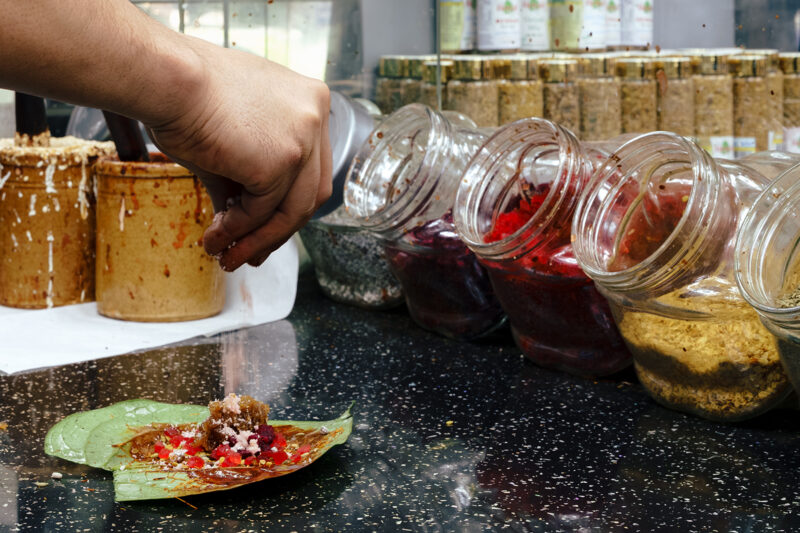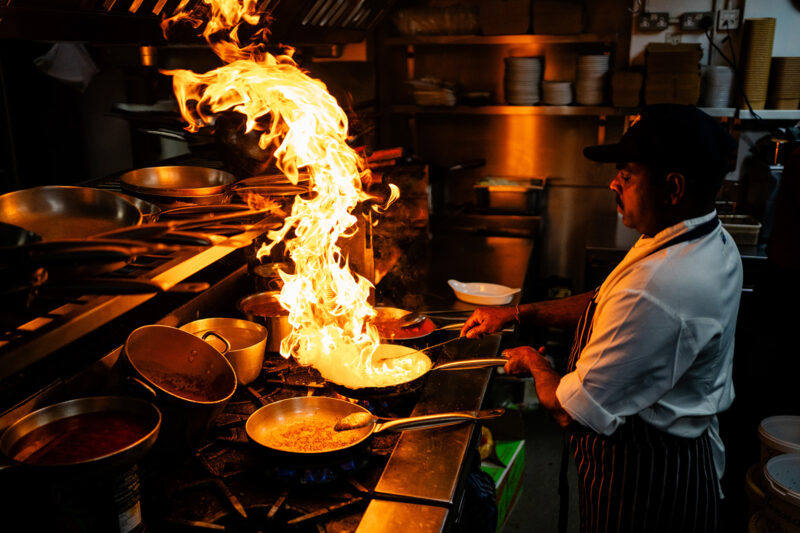The culinary treasures of a real street market
Among the extension cables and flower blankets, traders old and new are serving up a feast of delicious dishes from all over the world
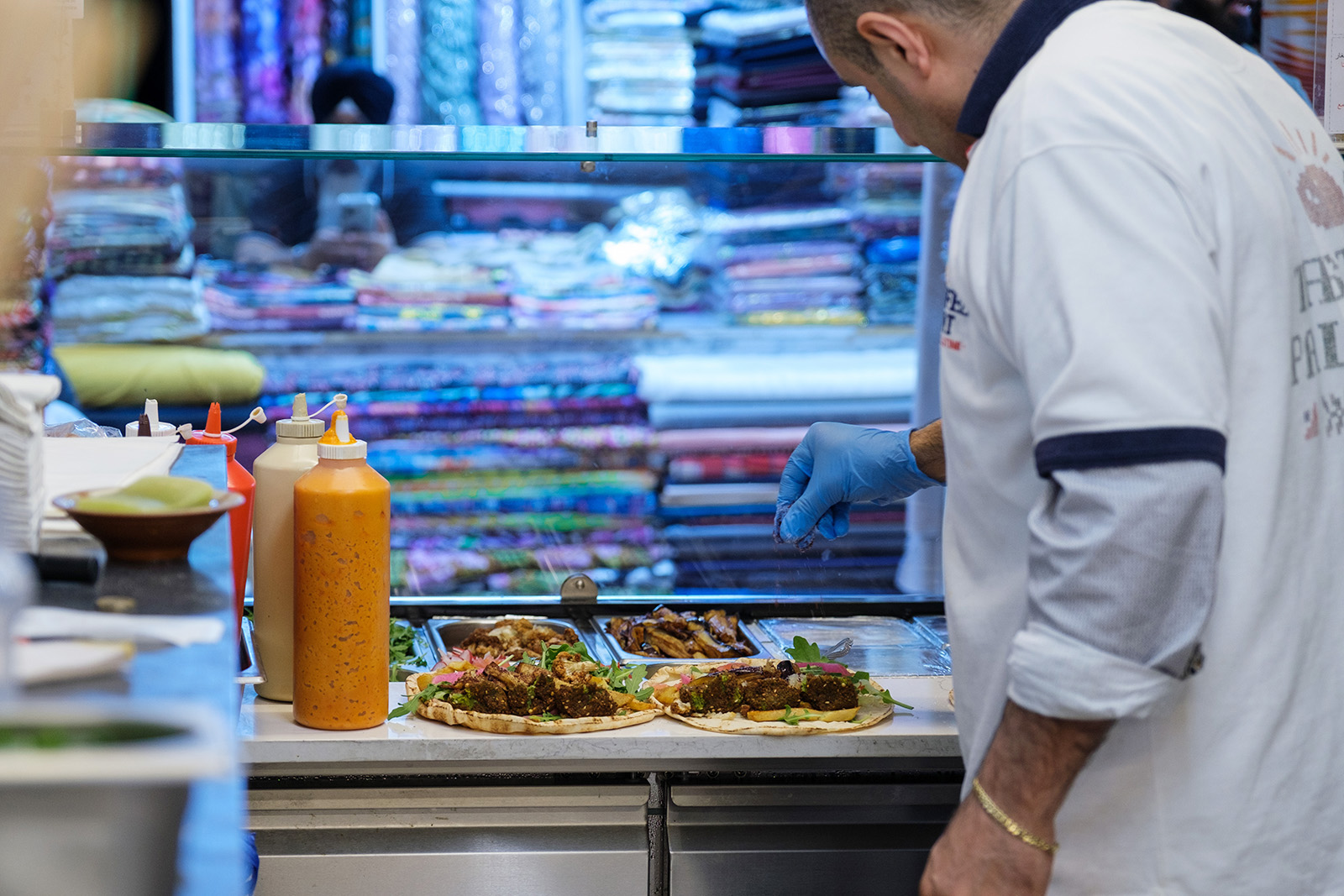
Every other month, a new food hall or market seems to open somewhere in the UK. In renovated warehouses and repurposed shipping containers, slickly branded traders offer carefully curated street food menus that hit all the latest culinary trends. While such spaces provide pleasant days out and entry points to a variety of cuisines for thousands of hungry customers, I have always felt that they lack the grit and low-key glamour of the everyday markets I fell in love with as a child.
Growing up in west London, Shepherd’s Bush market was always an essential destination for my family. It was there that my mother, recently arrived in England, found ingredients essential to our favourite Iraqi dishes: dried lime, tamarind pulp, sumac. We weren’t the only ones who found a slice of home there, either. To this day, it is frequented by Jamaican, Nigerian and Algerian aunties shopping for ackee, fufu and couscous.
Situated beneath the railway arches of the Hammersmith and City line, the 110-year-old market is open Monday to Saturday. If you ever find yourself in need of a “flower blanket”, an extension cable, halal oxtail, a whole tilapia or a new headscarf from an Arabic-speaking Sikh trader, it’s the only place to go.
The main reason I keep coming back, though, is the food. On a recent visit I paid my respects to old standbys and tried some new additions. Mr Falafel, a favourite of White City BBC execs and anyone else seeking a quick and economical lunch, has been serving up delicious Palestinian chickpea fritters for 24 years.
Already well acquainted with Mr Falafel’s menu, I went to Falafel Point instead. The chef proudly tells me that the business is one of the few five-star Google-reviewed establishments on the market. It specialises in Gazan-style falafel, which adds coriander, parsley and red pepper to the batter, bringing a touch of herbaceous luxury.
I am relieved to see the main component of my wrap (£6.50) is fried to order. Nothing is more reprehensible to me than pre-cooked falafel, robbed of its crisp appeal by air and time. The filling also includes fried cauliflower and aubergine, and can be served spicy or not. Generously portioned za’atar fries (£4) make for a great side and, for those who don’t want bread, 10 beautifully green loose falafel cost just £2.50.
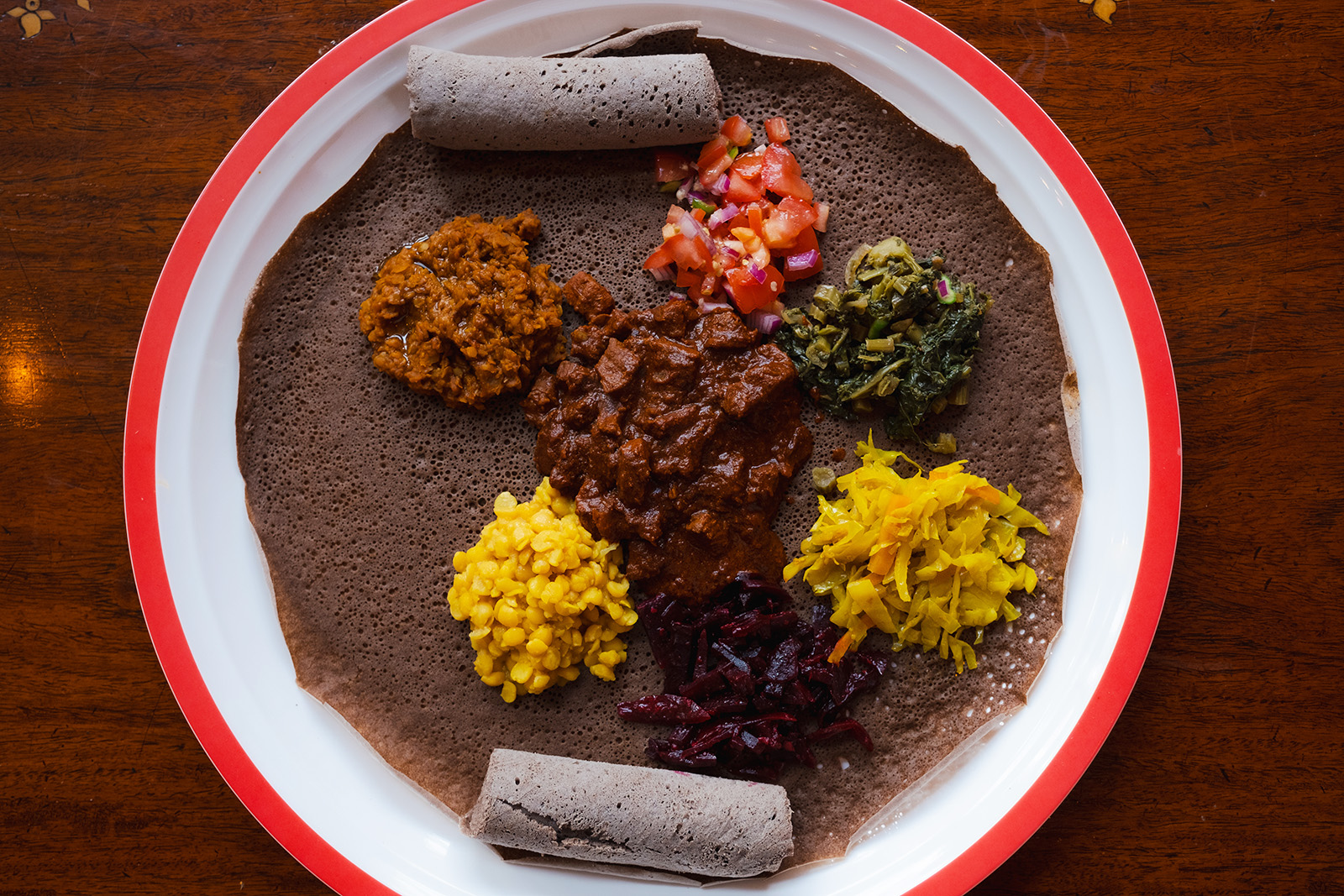
After that vegetarian treat, I head to Delina for a protein-packed Ethiopian/Eritrean lunch. Launched five years ago and set in an enviable large spot within the arches, it is one of the few places on the market permitted to open after hours for private events, parties and cooking classes.
Pendant lights dangle from the exposed brick ceiling and the walls are adorned with traditional art, while eclectic furniture and woven rugs give a Brooklyn loft vibe. I opt for the “mix ’n’ match” plate: a rich beef stew, circled by two lentil-based wats, pickled beetroot, sauteed spinach and a tangy tomato and red onion salad, all atop traditional, tangy injera.
Nazareth Kelif, Delina’s owner, is usually on hand to help newcomers to navigate the menu. As Ethiopia is believed to be the original home of the coffee plant, the drink is taken seriously here. Enthusiasts can book in for a traditional coffee ceremony, in which green coffee beans are roasted in a pan over an open flame, ground using a traditional pestle and mortar and placed in a vessel with boiling water before being served from a traditional jebena pot.
Yemen, however, is thought to be the place where the coffee plant was first cultivated and developed into the beans we know today. As such, I had to visit Hamdan, where customers can order from an extensive menu of traditional and modern preparations, and receive a crash course in the country’s deep-rooted coffee culture, courtesy of owner Ameen Hashedi. Already heavily caffeinated, I end up ordering the Adeni chai, a less sweet cousin of karak and masala chai that can be traced back to the coastal city’s colonial history as part of British India.
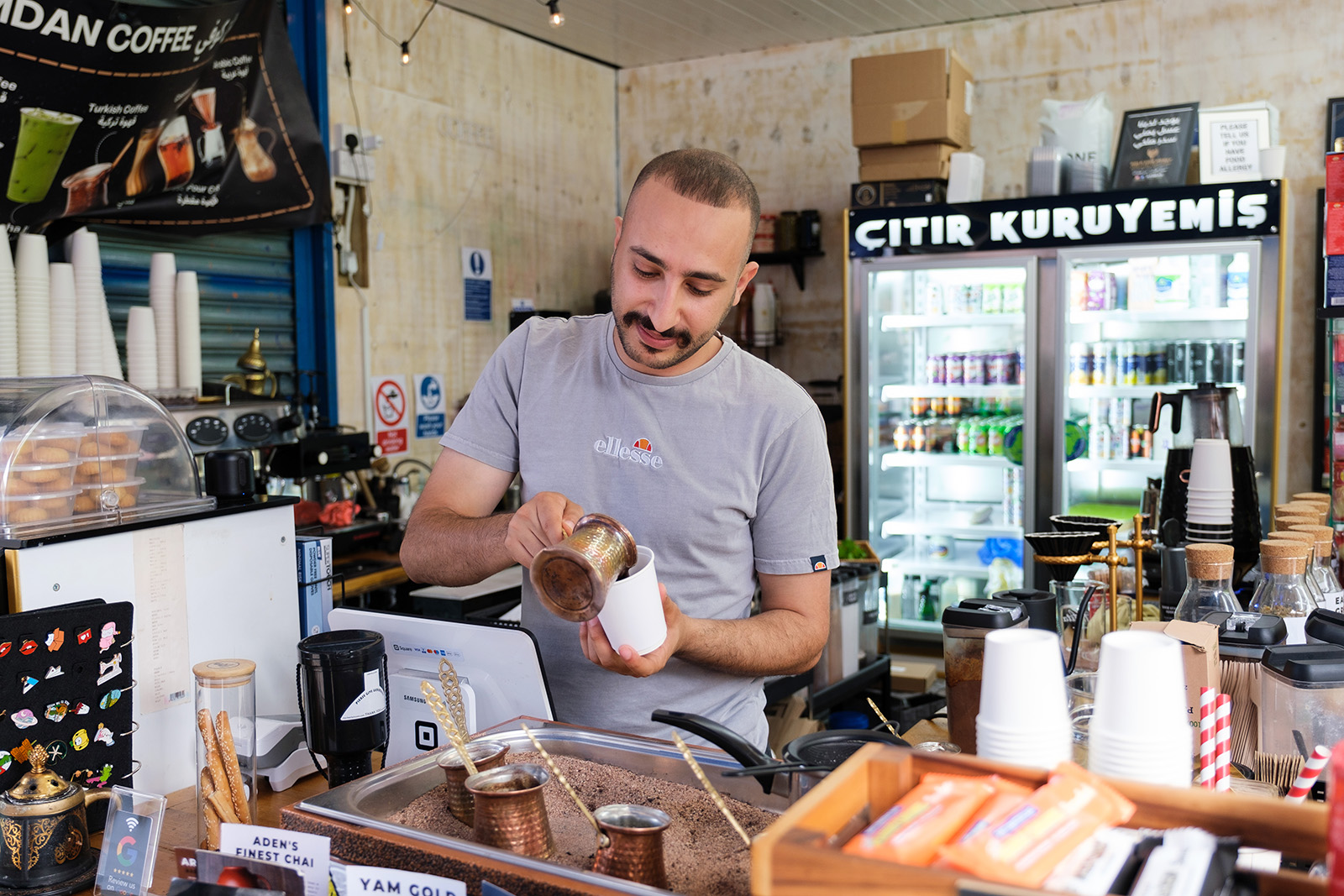
Before heading home I stop off at the market’s best-known food spot, Sam’s Sandwiches. Its most popular offering is the Algerian merguez (£7), featuring spicy, cured lamb sausages, chips, salad and a fried egg stuffed into a semolina-based Algerian roll.
Sam’s, which opened in 2014, regularly appears near the top of London’s best sandwich guides and, while it has no real social media presence of its own, has featured in countless social media videos. According to owner Samir — the Sam behind the sandwiches — word of mouth and other people’s posts are the secret to its success. After just one bite, it’s easy to see why.
As with many street and indoor markets across the country, Shepherd’s Bush represents the best of my home town. It is a place where traders, customers and cultures from across the world find an easy harmony. Now, however, its rough and ready appeal is under threat.
Major redevelopment plans, including new homes, stalls and a nine-storey building, have divided local opinion and caused concern among traders about increased rent and fees, along with the potential loss of leases. That story has already played out in Elephant and Castle, south London, resulting in the loss of the capital’s most vibrant Latin American community space.
Rye Lane Market in Peckham offers a similar shopping and culinary experience to Shepherd’s Bush, with Mexican tacos at Guacamole’s, vegetarian Indian food at Chef of India and local heavyweights Tiwa ’N’ Tiwa and Suuyar serving Nigerian street food nearby. It, too, is now at the centre of redevelopment plans that residents fear will force out grassroots businesses and strip the area of its character.
As our towns and cities become increasingly homogenous, long-established everyday markets offer something distinctive, unique and charming. Norwich’s has occupied the same spot for more than 900 years, 500-year-old Bury Market in Greater Manchester has repeatedly been crowned the best in the UK and the ornately Victorian Kirkgate in Leeds is the largest covered market in Europe. All have incredible eats, both local and global, and all deserve to be cherished and celebrated exactly as they are.
 Newsletter
Newsletter



